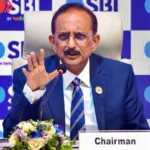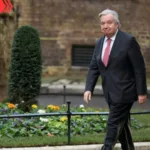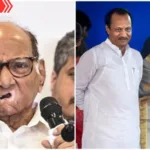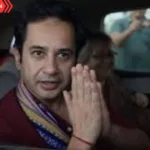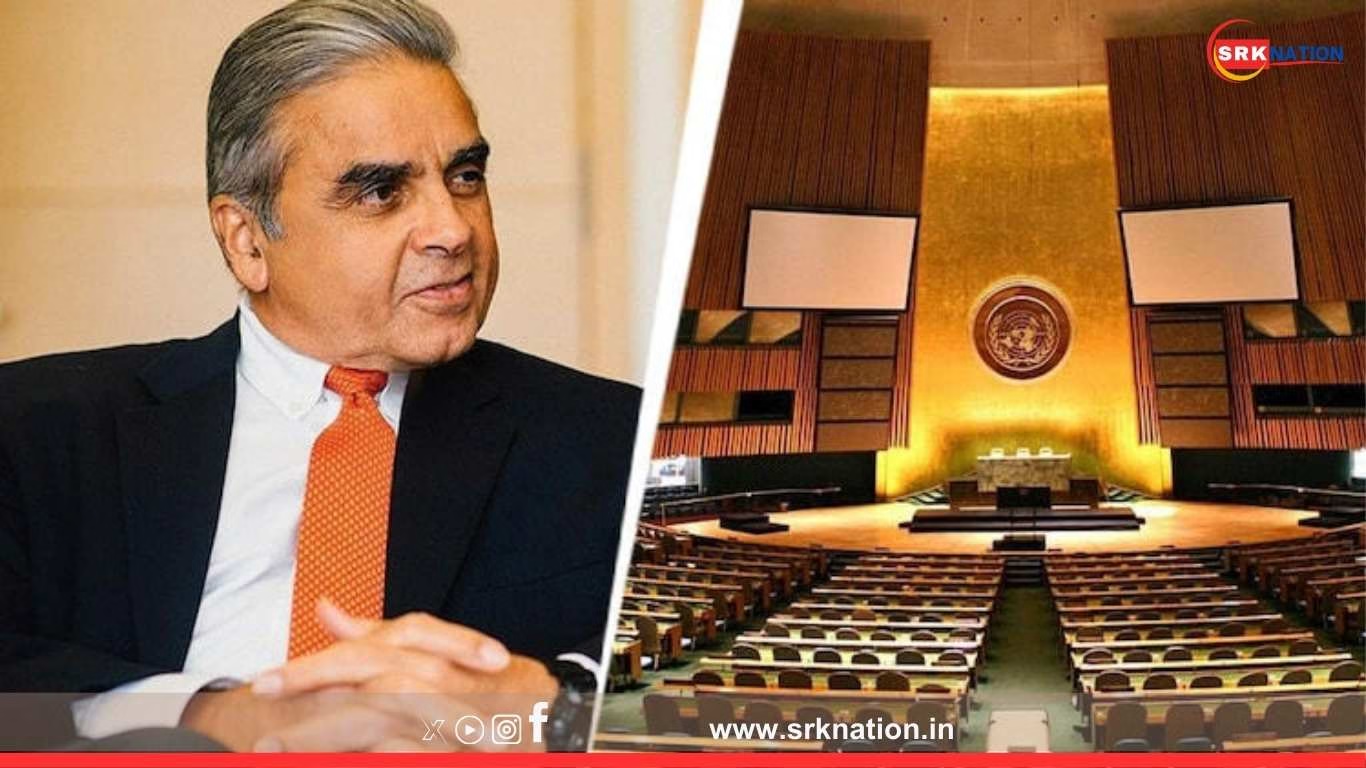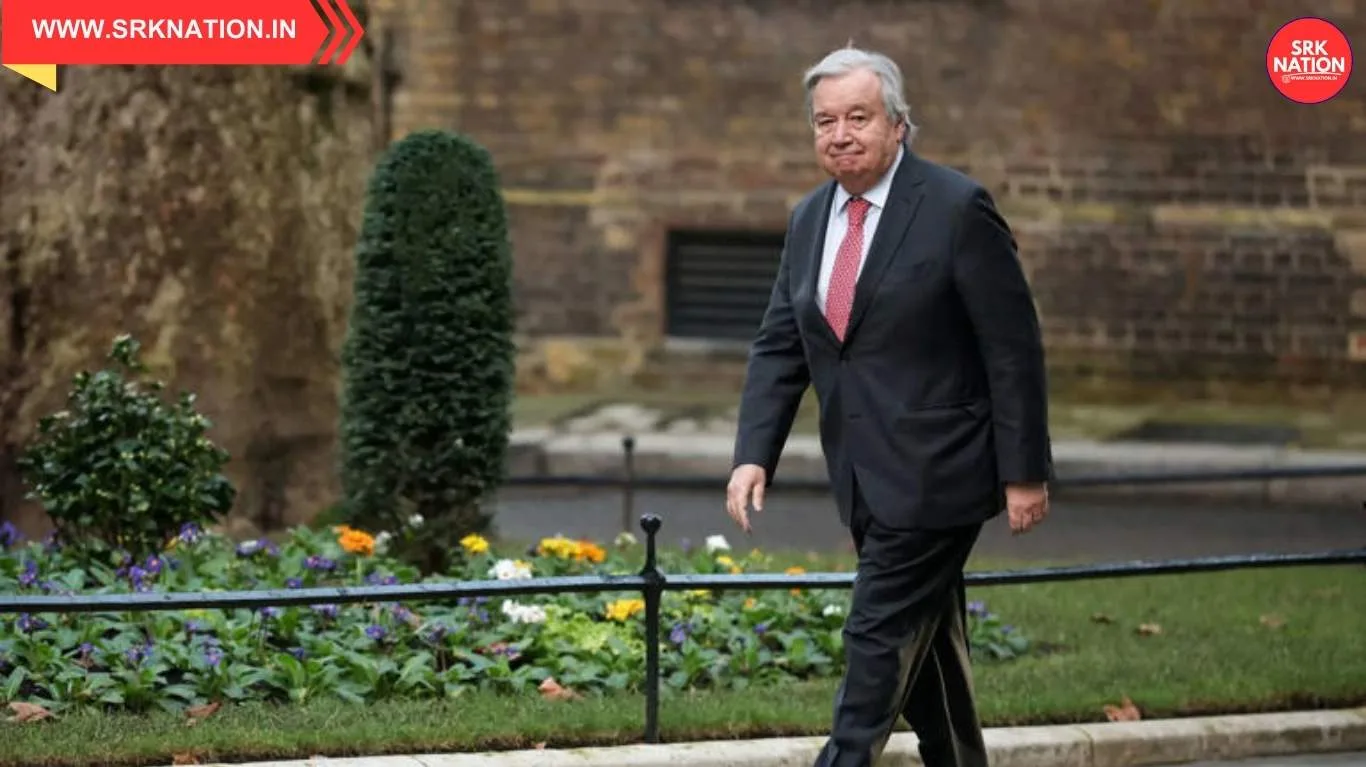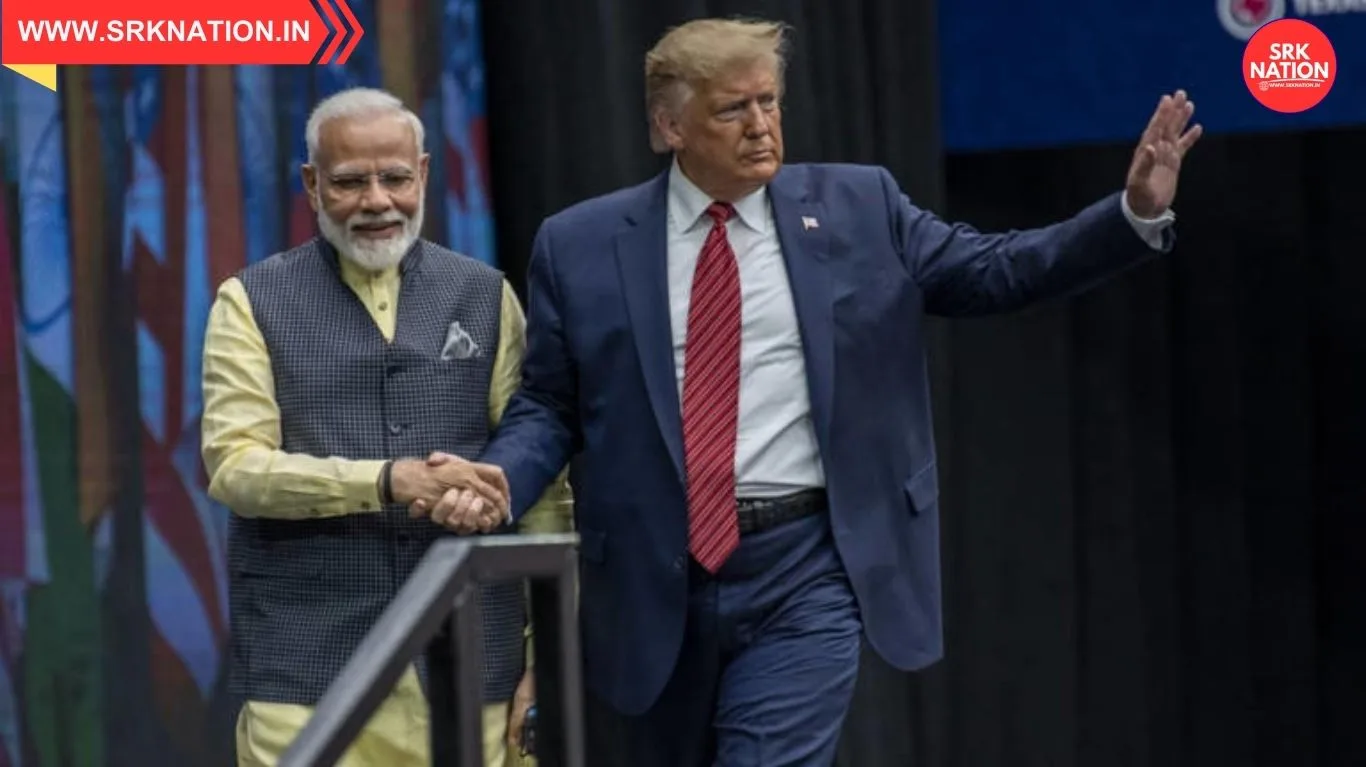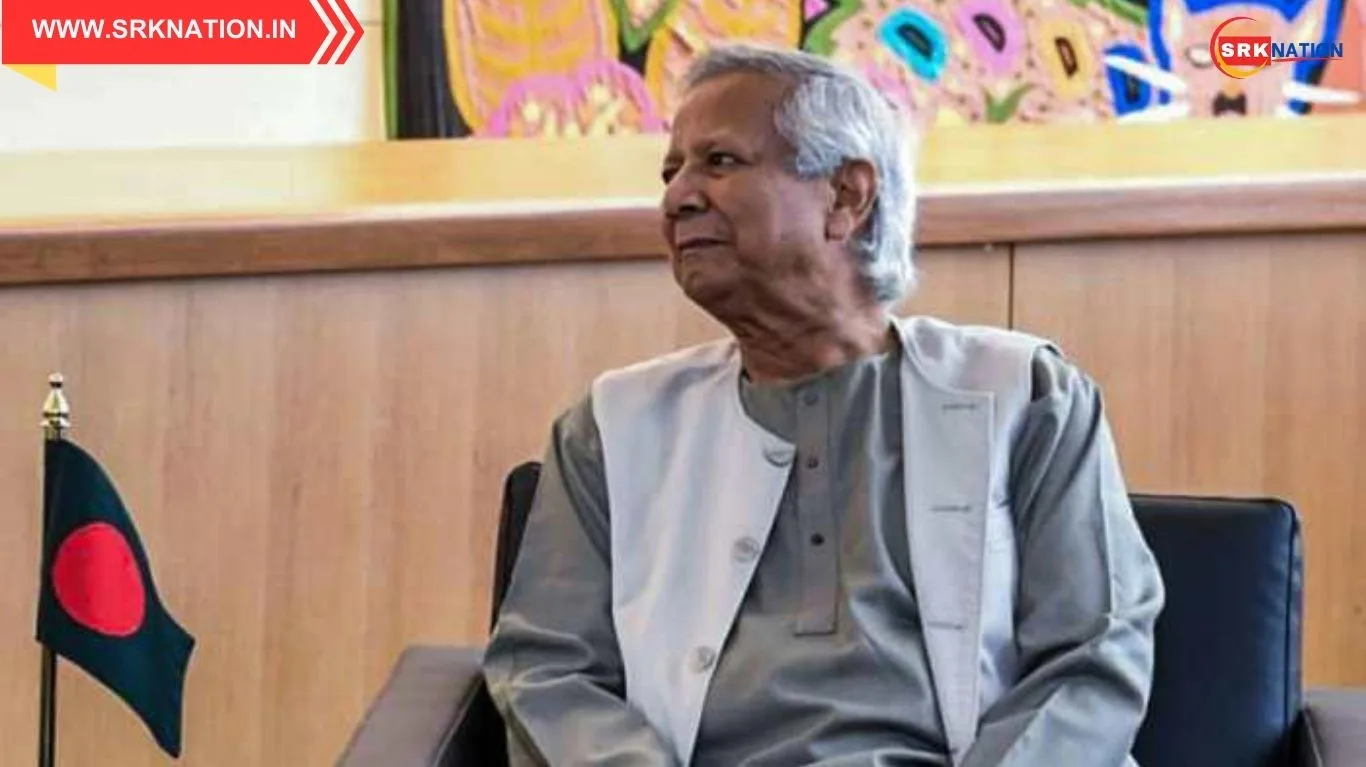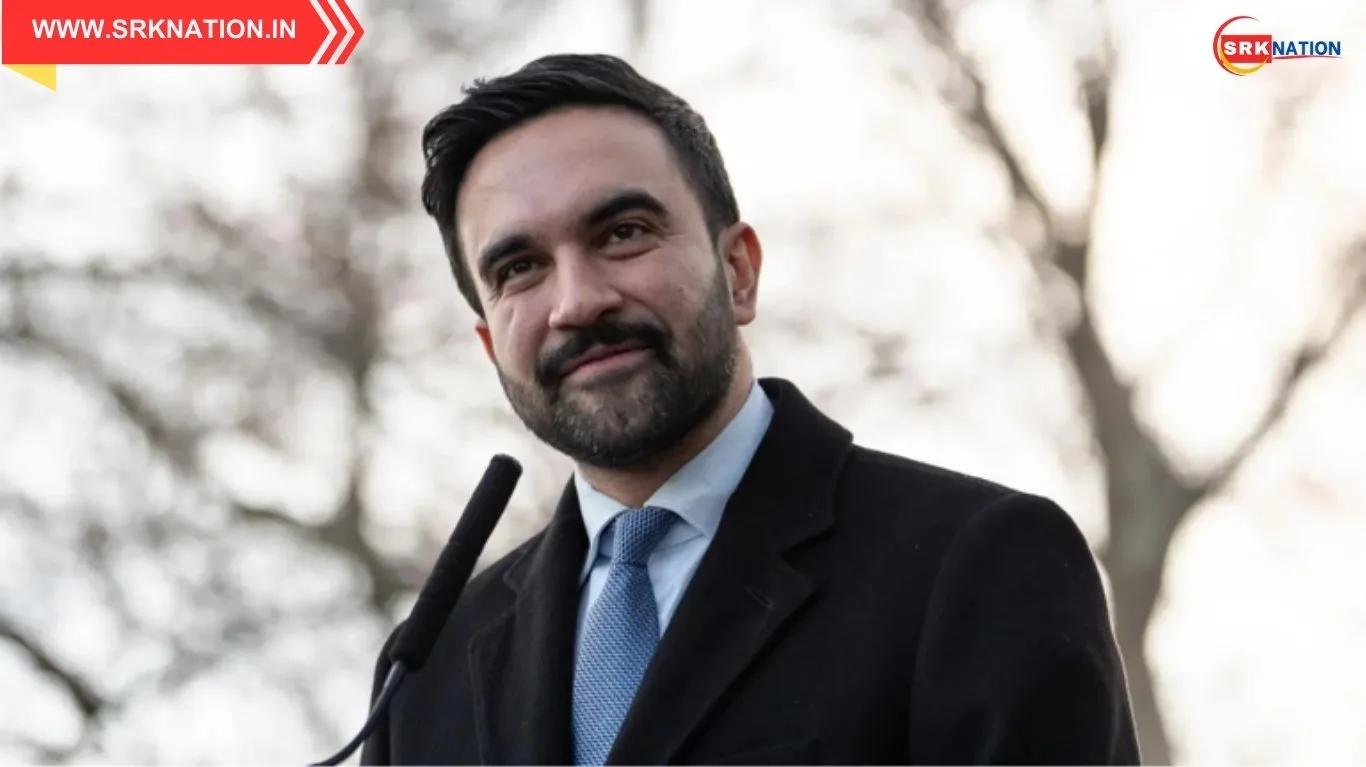In a provocative call for global institutional reform, former Singapore ambassador to the United Nations Kishore Mahbubani has urged the United Kingdom to voluntarily give up its permanent seat on the UN Security Council (UNSC) in favor of India. Speaking at a lecture in Singapore on August 27, 2025, Mahbubani argued that the current composition of the UNSC no longer reflects the geopolitical realities of the 21st century and accused European powers of obstructing meaningful reform.
Mahbubani, who served as Singapore’s Permanent Representative to the UN from 1998 to 2004, stated that the UK, despite its historical significance, no longer represents the “great powers of the day.” He emphasized that India, now the world’s third-largest economy, deserves a permanent seat on the Council, and described Britain as “a country of the past” while calling India “a country of the future.”
🧭 Key Highlights from Mahbubani’s Statement
| Topic | Mahbubani’s Remarks | Implication for Global Governance |
|---|---|---|
| UNSC Composition | “UK should give up its seat to India.” | Push for equitable representation |
| India’s Global Standing | “India is the third-most powerful country today.” | Recognition of India’s economic and strategic rise |
| Europe’s Role in Reform | “Europe has perfected the art of blocking reforms.” | Criticism of EU’s resistance to change |
| Historical Context | “Britain today represents a country of the past.” | Call for post-colonial accountability |
| UN Reform Efforts | “Open-Ended Working Group should be renamed ‘Never-Ending.’” | Frustration over stalled negotiations |
Mahbubani’s remarks have reignited the debate over UNSC reform, a topic that has remained unresolved since the formation of the Open-Ended Working Group on Security Council Reform in 1993.
🔍 Why Mahbubani Believes India Deserves the Seat
India has long campaigned for a permanent seat on the UNSC, citing its population, economic strength, peacekeeping contributions, and commitment to multilateralism. Mahbubani’s endorsement adds weight to India’s claim, especially as it surpasses the UK in GDP and global influence.
| Metric | India (2025) | United Kingdom (2025) |
|---|---|---|
| GDP (Nominal) | $4.2 trillion | $3.1 trillion |
| Population | 1.42 billion | 67 million |
| UN Peacekeeping Troops | 6,700+ | 300+ |
| Veto Usage (UNSC) | None | Rare, last in 1989 |
| Global South Leadership | Active | Limited |
Mahbubani argued that the UK’s lack of veto usage and diminishing global clout make it a less relevant power in today’s multipolar world.
📉 Europe’s Share in UNSC vs Global Economy
One of Mahbubani’s most striking observations was the disproportionate representation of Europe in the UNSC. With the UK and France occupying two of the five permanent seats, Europe holds 40% of UNSC veto power, despite accounting for just 17% of global GDP.
| Region | Share of Global GDP (2025) | Permanent UNSC Seats | Representation Gap |
|---|---|---|---|
| Europe | 17% | 2 | Overrepresented |
| Asia | 38% | 1 (China) | Underrepresented |
| Africa | 3% | 0 | Excluded |
| Latin America | 7% | 0 | Excluded |
Mahbubani noted that the UNSC’s structure reflects the power equations of 1945, not the realities of 2025.
🔥 Global Reactions and Reform Roadblocks
While Mahbubani’s comments have sparked renewed interest in UNSC reform, the path forward remains fraught with challenges. European nations, particularly France and the UK, have resisted proposals that would dilute their influence. The lack of a formal mechanism to amend the Council’s permanent membership has further stalled progress.
| Reform Proposal | Status | Resistance From |
|---|---|---|
| G4 Nations (India, Japan, Germany, Brazil) | Supported by many UN members | Opposed by China, some EU states |
| African Union Representation | Widely endorsed | Procedural delays |
| Veto Reform | Proposed, not adopted | US, Russia, China |
| Regional Rotation Model | Under discussion | No consensus |
Mahbubani quipped that the reform group should be renamed the “Never-Ending UN Security Council Group for Reform,” reflecting the decades-long gridlock.
🧠 Expert Commentary and Diplomatic Perspectives
| Expert Name | Role | Comment |
|---|---|---|
| Meera Iyer | International Law Scholar | “Mahbubani’s proposal is bold but reflects growing frustration with UN inertia.” |
| Rajiv Bansal | Former Indian Diplomat | “India’s case is strong. The UK’s symbolic gesture could redefine global diplomacy.” |
| Dr. Rakesh Sinha | Global Governance Analyst | “Europe’s overrepresentation is unsustainable in a multipolar world.” |
Experts agree that while voluntary relinquishment of a UNSC seat is unprecedented, it could set a powerful precedent for reform.
📦 India’s Bid for UNSC: Historical Timeline
| Year | Milestone | Outcome / Progress |
|---|---|---|
| 1993 | UN Working Group on UNSC Reform formed | No structural change |
| 2005 | G4 Nations push for expansion | Blocked by China and African Union |
| 2010–2020 | India gains support from US, UK, France | No formal endorsement |
| 2021 | India elected as non-permanent member | Two-year term completed |
| 2025 | Mahbubani’s call for UK to cede seat | Renewed global attention |
India’s campaign has focused on democratic representation, regional balance, and its role as a responsible global actor.
📌 Conclusion
Kishore Mahbubani’s call for the UK to relinquish its UNSC seat to India has reignited the debate on global governance and institutional equity. As Europe faces criticism for blocking reform and India’s global stature continues to rise, the pressure to restructure the UN Security Council is mounting. While the path to reform remains complex, Mahbubani’s bold proposal has added urgency and clarity to a conversation that has long been mired in diplomatic inertia.
—
Disclaimer: This article is based on publicly available speeches, interviews, and media reports as of September 4, 2025. It is intended for informational purposes only and does not constitute diplomatic advice or political endorsement.


